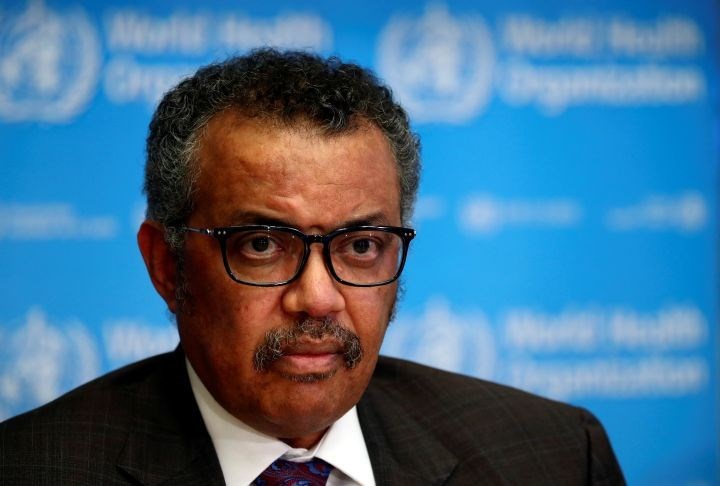OrilliaMatters welcomes letters to the editor. Letters can be sent to [email protected]. The following letter is in response to the World Health Organization not accepting the Canadian-made 'Covifenz' vaccine.
*************************
On Friday, the World Health Organization (WHO) made it known that they were going to designate Covifenz, a vaccine developed by Medicago, a Quebec City-based company, as “not accepted.”
The basis of the decision was the partial ownership of Medicago rather than the medical capability of the vaccine. I would hope that all the major political parties and the national media band together immediately to criticize this action.
The Trudeau government invested $173 million in Medicago's development of the plant based vaccine. Health Canada approved the vaccine in Canada for adults 18 to 64 in February. However, Medicago has recently been made aware that WHO intends to update the Covifenz vaccine to “not-accepted.” That means that it can be used in Canada but not the other countries of the world.
The purported reason: “WHO is concerned that Philip Morris, the biggest tobacco company in the world, has a 21 per cent interest in Medicago.”
Apparently, Philip Morris is investing its money in medical products to diversify. To me that is a good thing and should be encouraged, not discouraged. Furthermore, such investments are at risk and not by any means a sure thing.
So here we have WHO, which professes to have as its goal, “the attainment by all peoples of the highest possible level of health,” turning down a Canadian product which could have been exported to all countries on earth.
As a layman, I have been following the COVID-19 issue closely since it first hit the headlines in February 2020. I haven't been at all impressed by WHO's performance. They were slow to realize the potential of the disease and their overall performance hasn't impressed me. Canada's Dr. Theresa Tam gave decisive, well-thought-out presentations regularly. Dr. Tedros Adhanom Ghebreyesus, the Director-General of WHO, was nowhere near as impressive.
Non-profit organizations charged with picking winners and losers on health products should make their decisions based on medical evidence, not full or partial ownership of the company that is taking the risk to produce the health product.
WHO should stick to its knitting and make medical decisions based upon medical evidence.
Doug Lewis
Orillia
*************************



